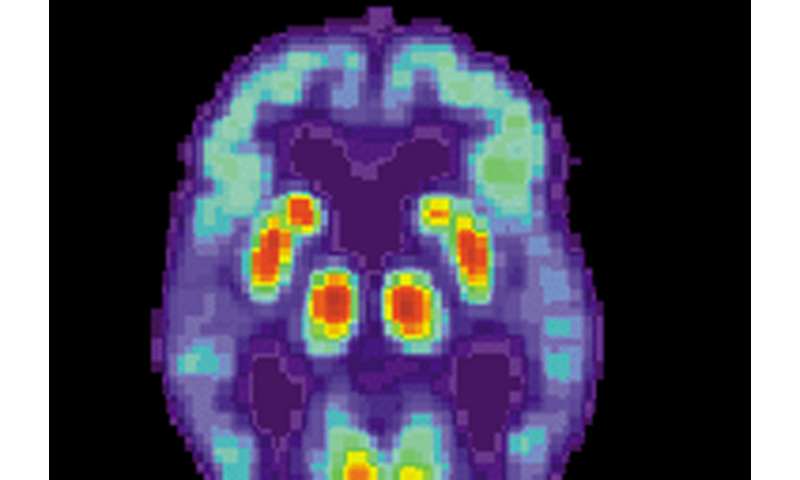
In patients with Alzheimer’s disease, amyloid-beta protein fragments accumulate in the tissue and blood vessels of the brain, likely due to a faulty clearance mechanism. In experiments conducted in mice, investigators at Massachusetts General Hospital (MGH) have found that very slow spontaneous vessel pulsations—also known as ‘vasomotion’ – drive the clearance of substances from the brain, indicating that targeting and improving this process may help to prevent or treat amyloid-beta accumulation.
In their study published in Neuron, the researchers injected a fluorescently labeled carbohydrate called dextran into the…

























